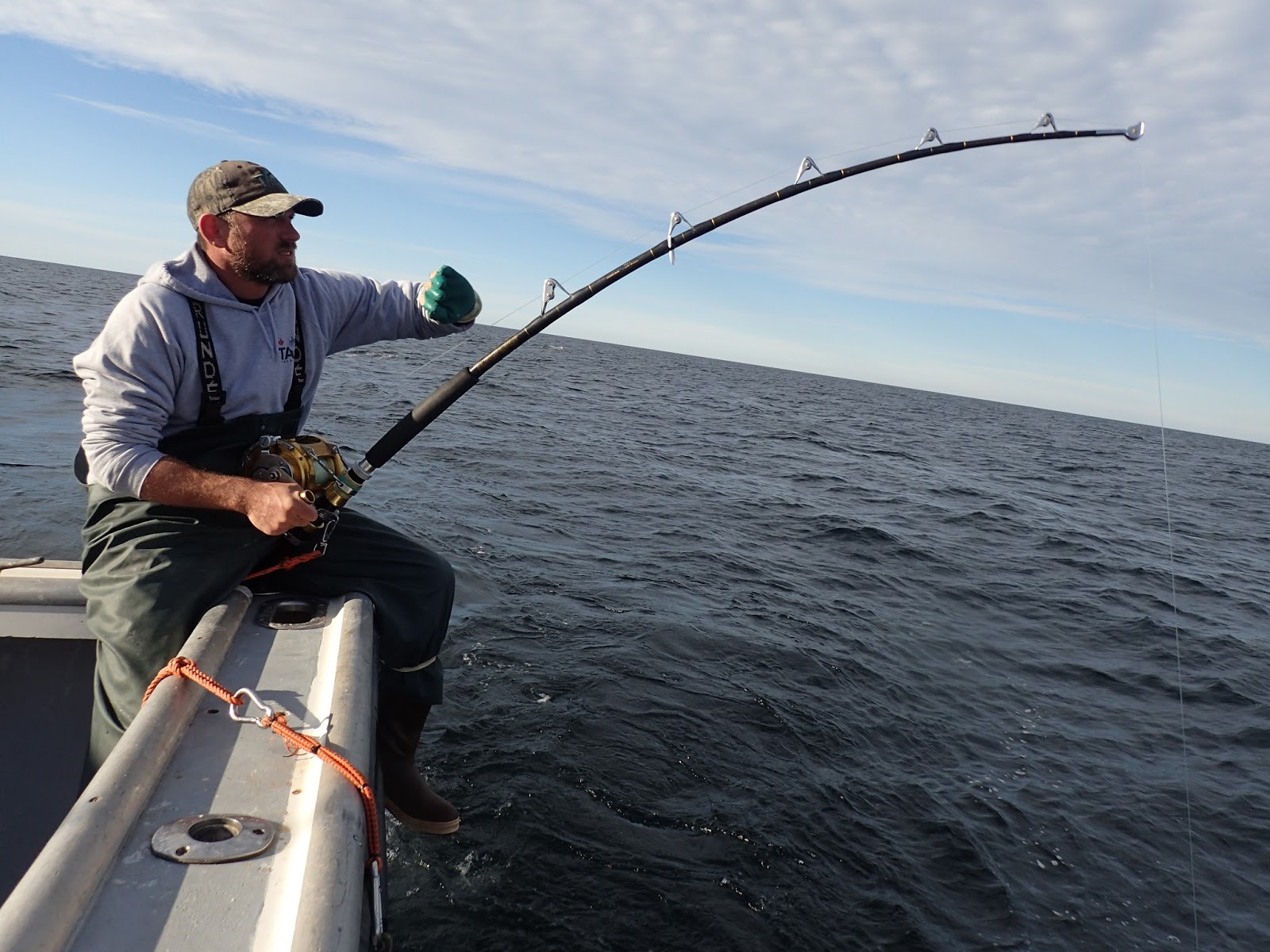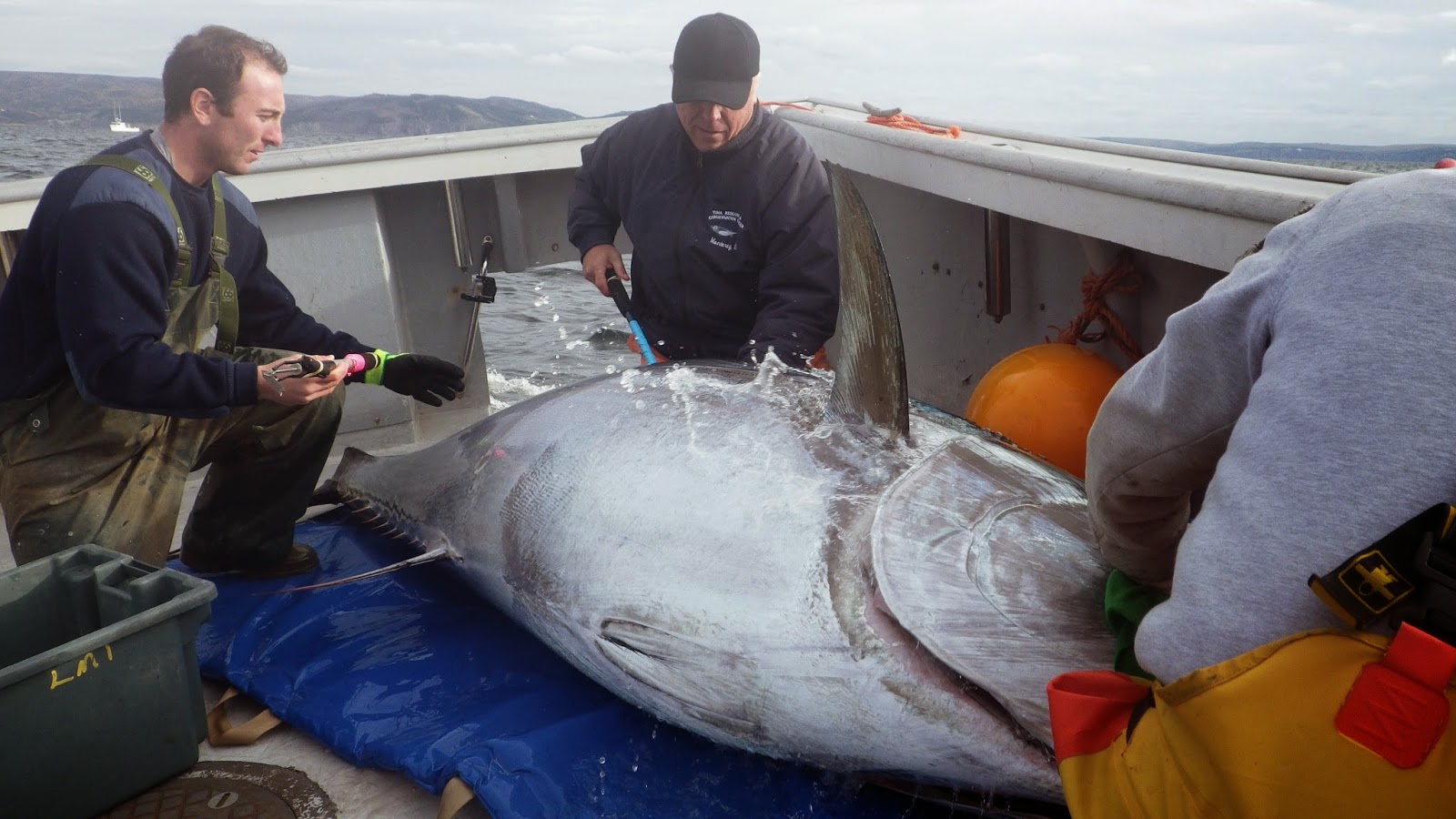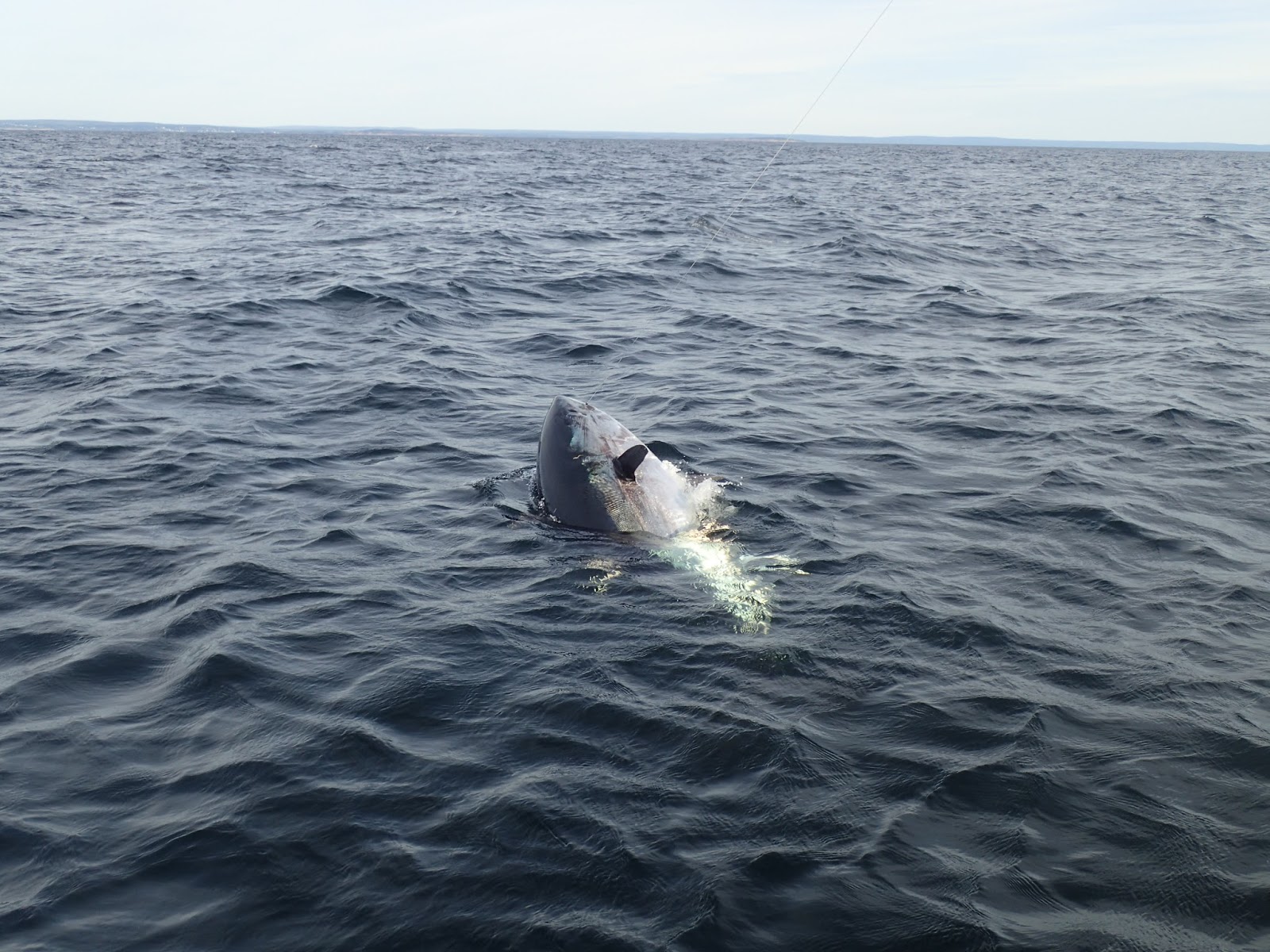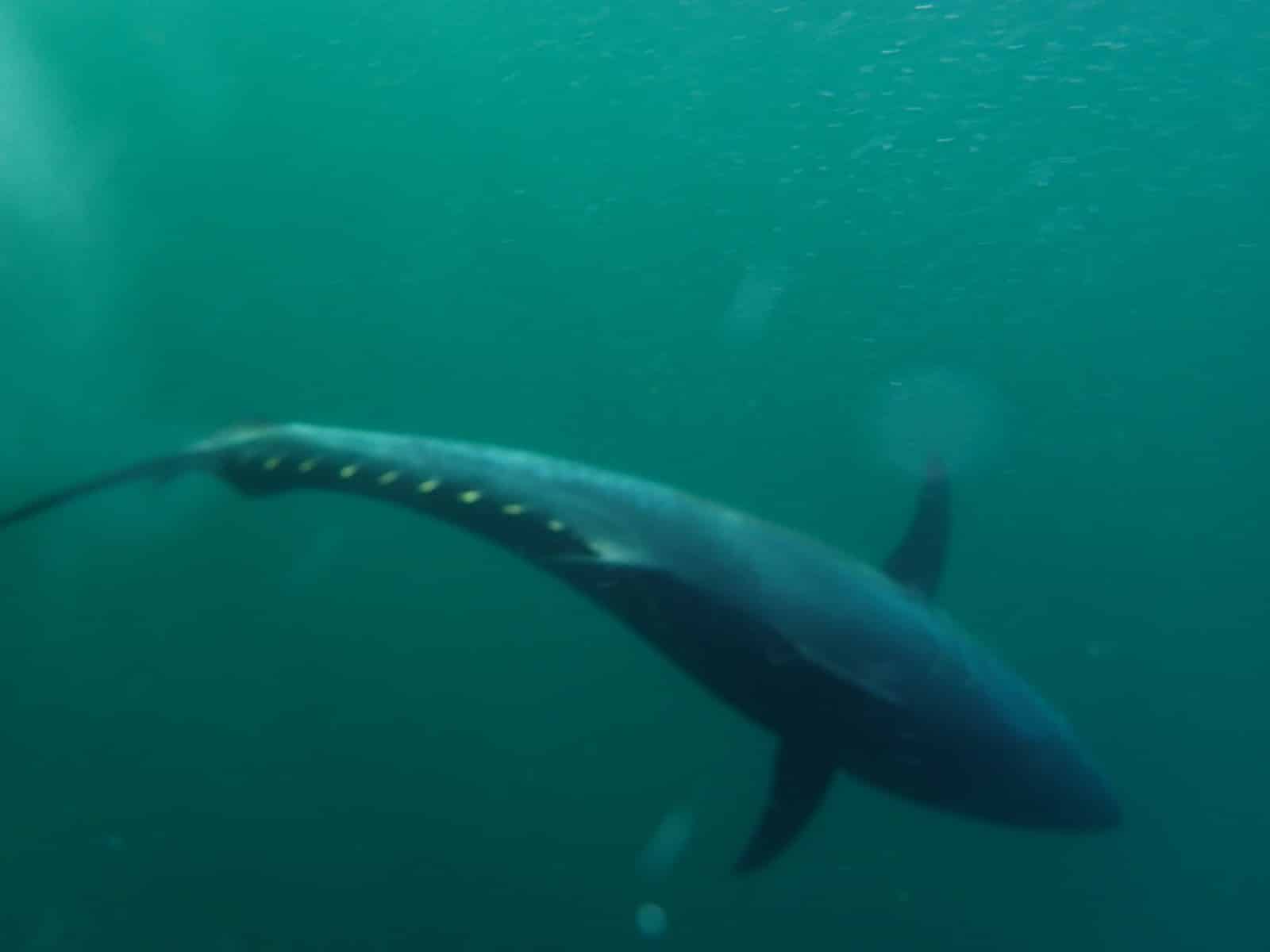United States (San Francisco)
The Global Tagging of Pelagic Predators (GTOPP) program is an international, multidisciplinary collaboration among biologists, engineers and computer scientists, which enables us to view tracking data of the ocean’s top predators – such as sharks, tuna and marlin.
By the year 2100, without significant changes, more than half of the world’s marine species may stand on the brink of extinction. Today, 60% of the world’s major marine ecosystems that underpin livelihoods have been degraded or are being used unsustainably.
By combining data from a diverse number of highly migratory species, it is possible to glimpse the processes that influence how open ocean ecosystems work. With all the data uploaded online it will be possible to take a global view of the ocean, watching the animals move within it in real time. For example, using the Shark Net app, it is possible to see where a specific Great White is at any time.
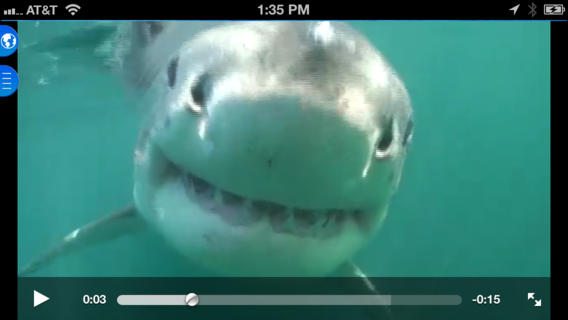
So far, it has revealed the movement of predators is far from random. Migratory routes will be mapped which will enable us to know where and at what times of year to ring-fence areas of the ocean as Marine Protected Areas – so called ‘no take zones’. The project’s objective is to understand the factors that influence animal behaviour in the blue ocean and to build the tools required for protecting their future.
Bio
Gaby is a wildlife documentary producer with broadcast credits on BBC, National Geographic, Discovery and PBS.
Project leader
Barbara Block, Professor of Marine Sciences, Stanford University
Support the Atlas
We want the Atlas of the Future media platform and our event to be available to everybody, everywhere for free – always. Fancy helping us spread stories of hope and optimism to create a better tomorrow? For those able, we'd be grateful for any donation.
- Please support the Atlas here
- Thank you!
